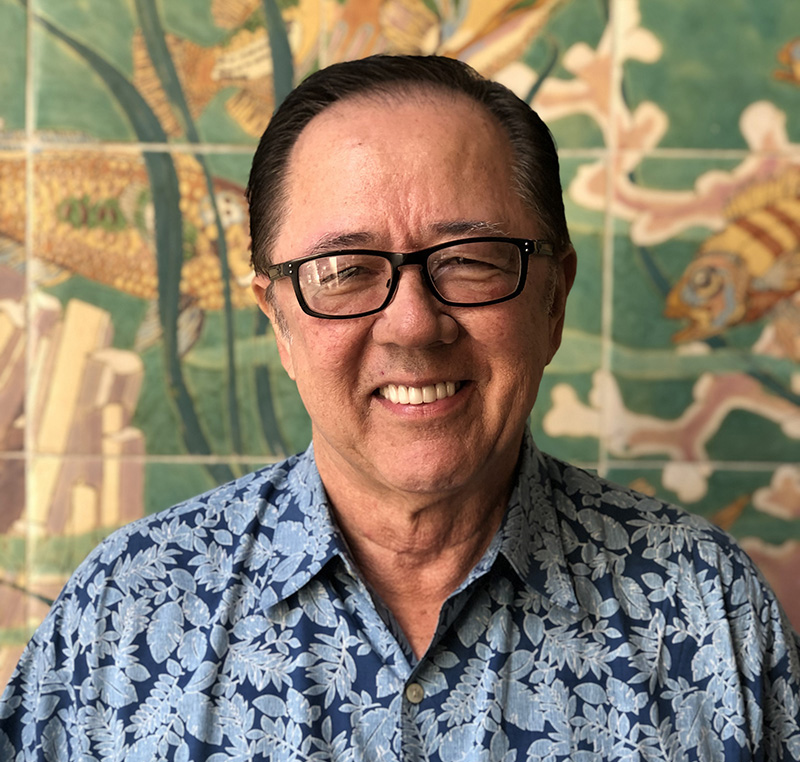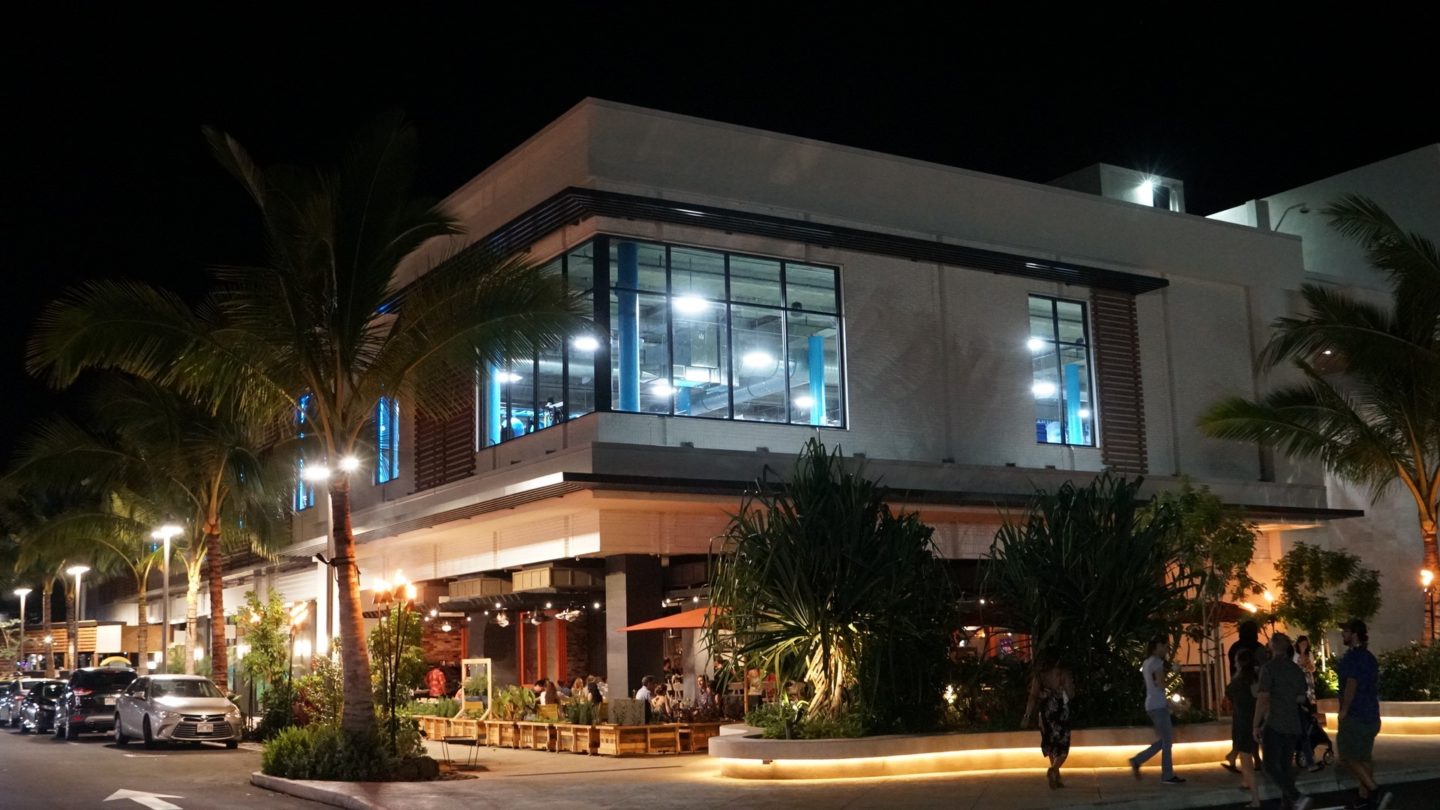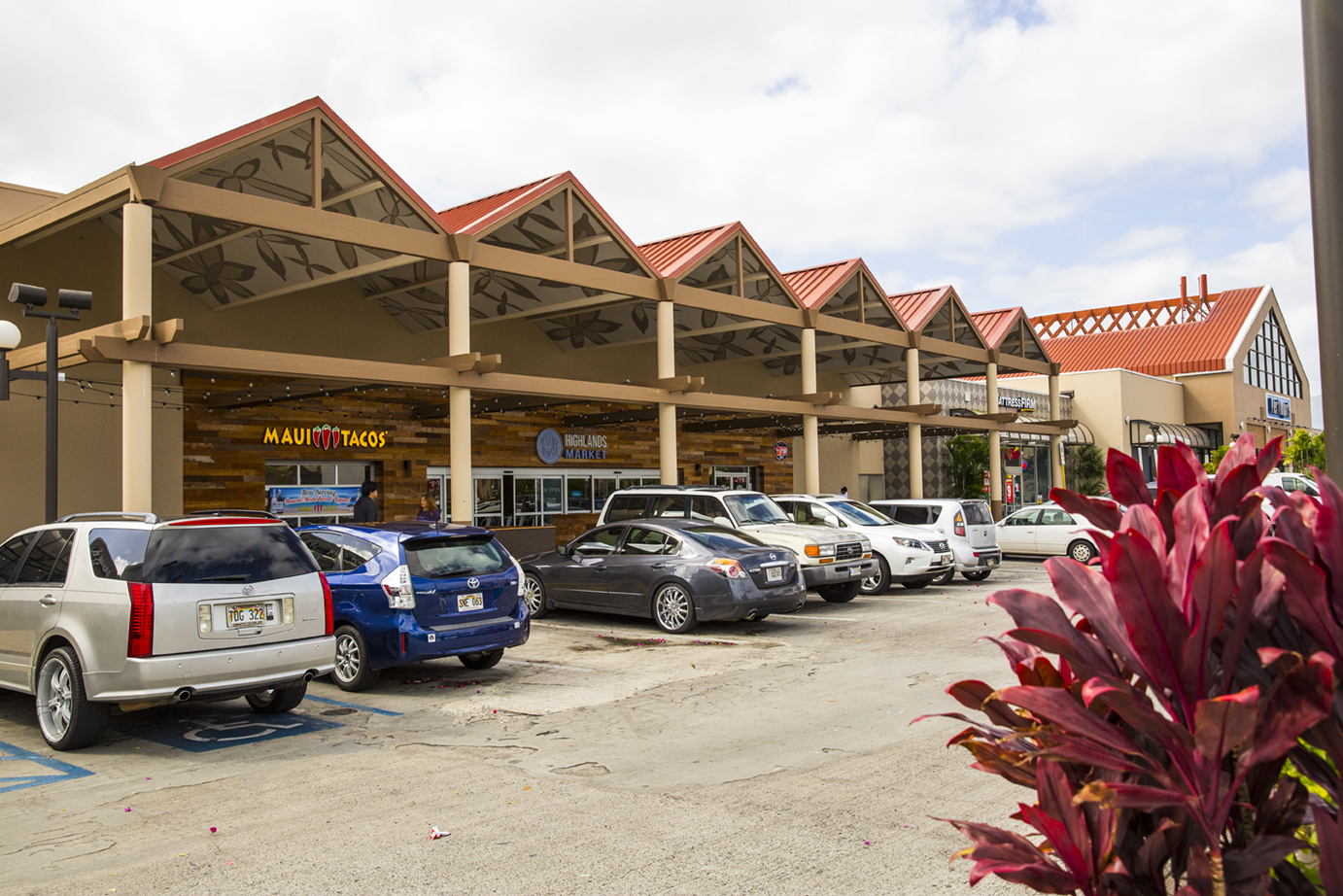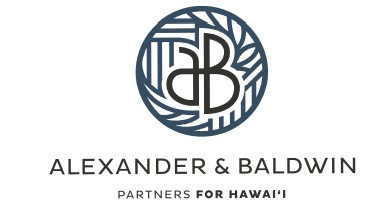
Originally published in Hawaii Business Magazine | Photo courtesy David Croxford
A&B has evolved over its 150 years, starting in sugar, adding shipping, then tourism and now focusing on Hawai‘i real estate. Benjamin attributes the company’s longevity to being able to morph into relevant businesses that provide value and long-term stability.
Q: Where is A&B with its business simplification strategy?
Benjamin: We have achieved some goals, like being 100% Hawai‘i focused, which we achieved in 2018. The next goal is to be around 95% focused in commercial real estate. We’re not there yet; we still have Grace Pacific (a construction division) and a number of residential real estate projects that we intend to sell within a couple of years. We are now around 75% commercial.
As for Grace Pacific, we have engaged with prospective bidders and provided information to them. We are awaiting their interest and valuation of the company.
Q: You are 100% focused on Hawai‘i, yet some say diversification is good because it helps mitigate risk.
Benjamin: Yes, but a company should do what it knows best. For A&B, Hawai‘i is our home and we have been here for 150 years. We know the market and the community and the people. This allows us to create value in Hawai‘i much more than in other places on the Mainland.
Yes, the flip side is diversification can help during market downturns and make your earnings more stable. However, sometimes companies that seek too much diversification wind up diluting themselves. We are going to create value in the market and business we know best, then our investors can diversify their geographic risk by investing in a portfolio of companies.
Q: A&B considered converting to a real estate investment trust for many years before becoming a REIT IN 2017. What finally triggered the move?
Benjamin: We are entirely driven by the business we can do best and where we can create the best value for our stakeholders, which includes our employees, communities and shareholders. What we do best is commercial real estate. We spun Matson in 2012 and made the decision to be 100% Hawai‘i. In 2016, we decided to go almost exclusively into commercial real estate. Then we decided the best vehicle for us would be a REIT structure, because it is what most commercial real estate investors look for.
Q: The move was also intended to provide better access to capital and a bigger investor base. How is that strategy working so far?
Benjamin: The whole process is not done. It is a little like changing the offensive scheme on a football team. When you first change your approach, you don’t have all of the systems and components to be successful in that new strategy. So we are still developing that. But we have made significant gains. We brought in all of the right people to lead our commercial real estate business, and they are working well with our existing team. What we do next is to make sure we have all the right information systems and practices. We are making great progress in that.
The last piece is having the business focus that we are striving to achieve: 95% focused on commercial real estate. We are still a bit of a complicated story for investors, and our objective is to be more simplified. Once we have done that we will reap the rewards and be able to grow because we have better investor appreciation and access to more capital.
Q: With the City and County of Honolulu targeting illegal vacation rentals, do you think that will affect customer traffic at commercial properties in Kailua?
Benjamin: The impact on Kailua of that law is difficult to predict. It depends on the effectiveness of enforcement. Our focus in all of our properties is the local markets. We have focused on grocery-anchored community shopping centers and industrial properties because we do not want to be a primarily tourist-oriented business. We all know Hawai‘i benefits from tourism, but we want to be focused on serving the local community.
What I can say is that A&B is very focused on engaging with the community. So even if there is a decline in tourist traffic, we will help our tenants survive and thrive. Look at what we did with the old Macy’s store in Kailua. We converted that into a gathering place for the local community: from a fitness center to a vegetarian food store to two vibrant indoor/outdoor restaurants. Locals are flocking to that.
Q: Many businesses in Hawai‘i chase tourism dollars, but the strategy you describe goes against that current. Why?
Benjamin: Tourism tends to be a volatile portion of our economy. Clearly, the state has seen a tremendous uptick in tourism, but that can turn around. The local residents are here and if we can appeal to them and provide for their needs, it is a more stable business model.
Q: Real estate is cyclical, and the predictions are the market will cool off. How are you preparing?
Benjamin: The odds are there will be some slowdown over the next few years, and the best way we can prepare is by ensuring we have a strong balance sheet. We are taking steps that ensure our leverage is appropriate and that we are well-positioned for a downturn. All downturns are different, so we don’t know to what extent our centers will be impacted, but we have to be prepared regardless.




